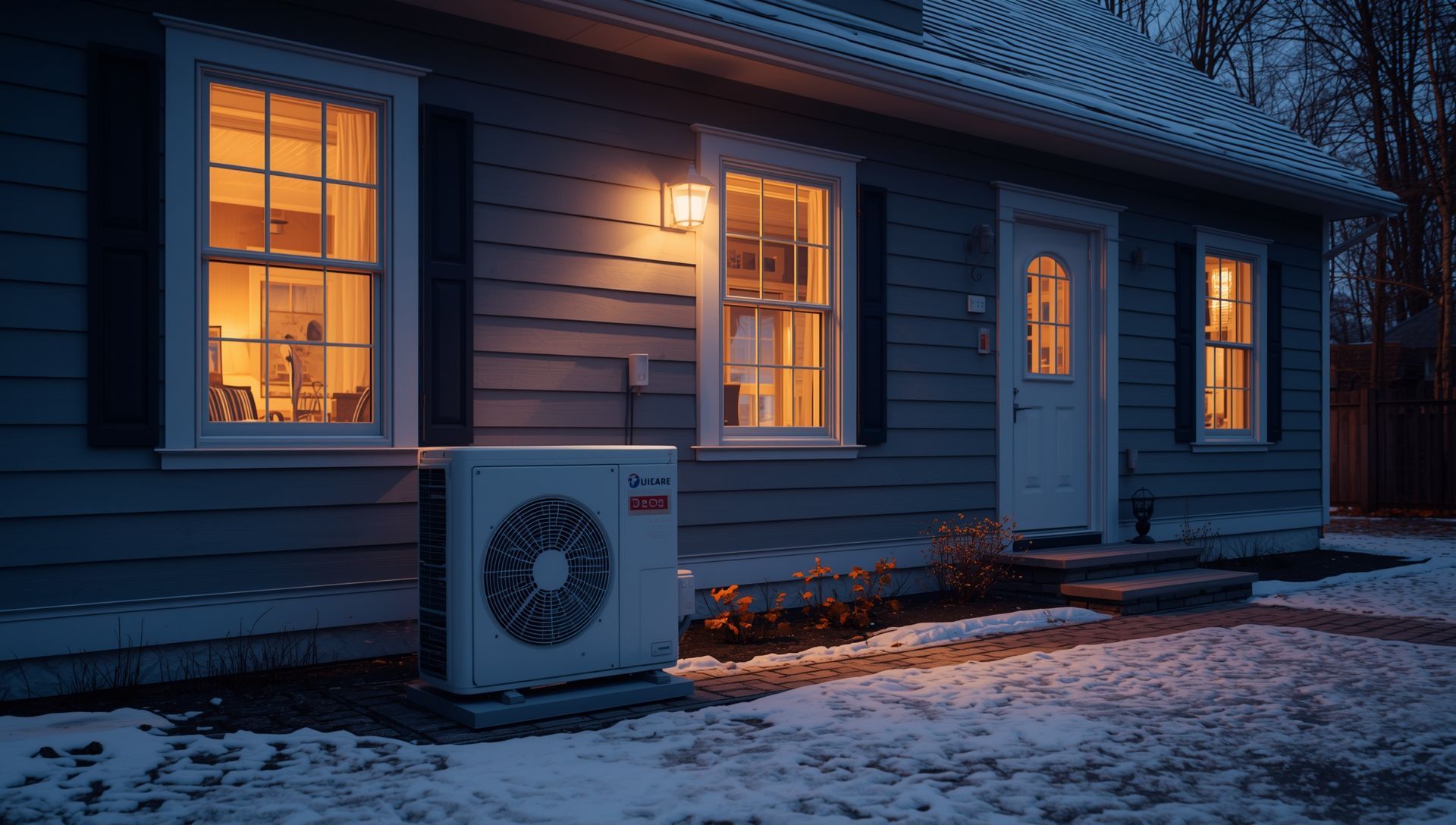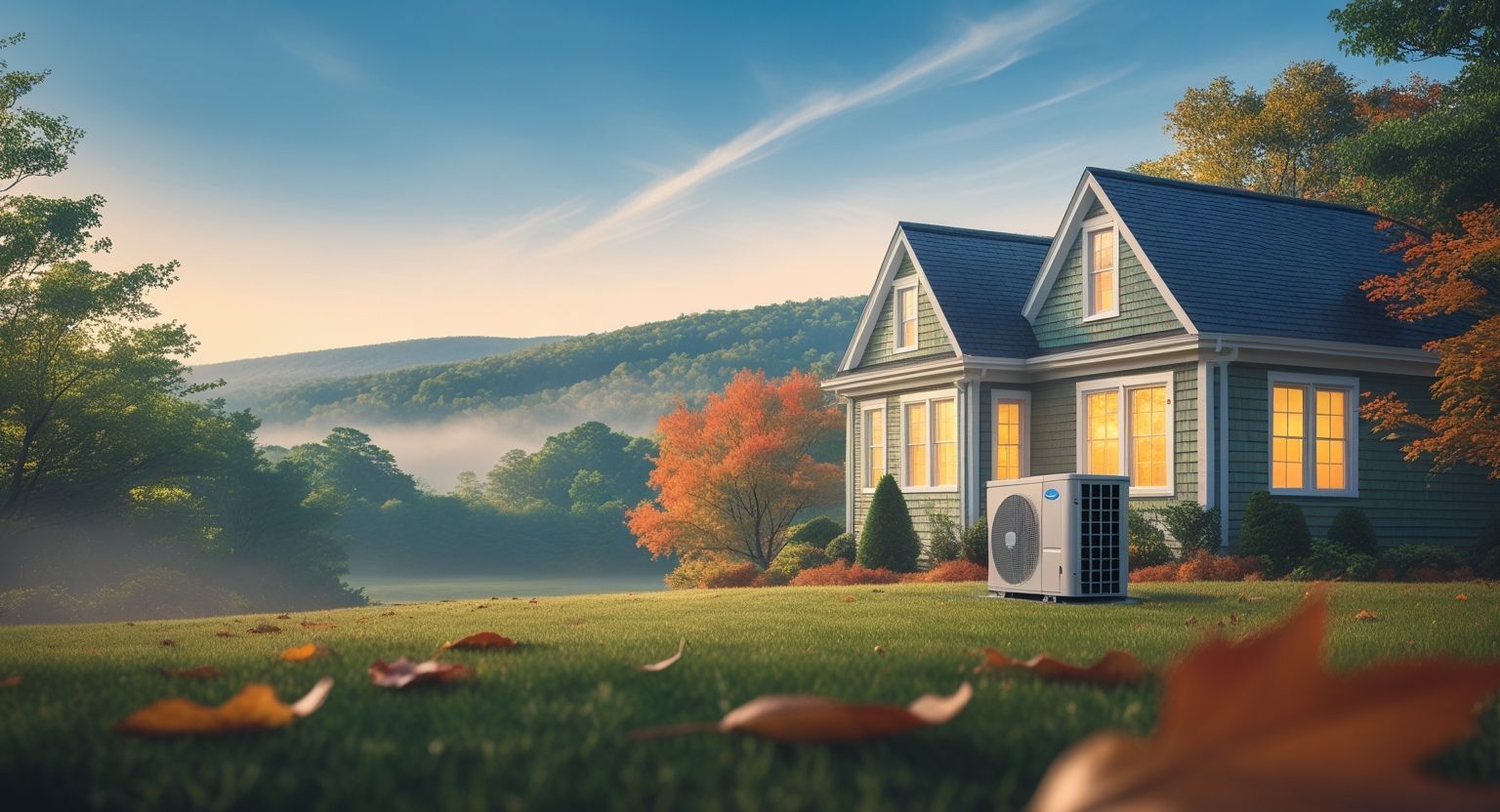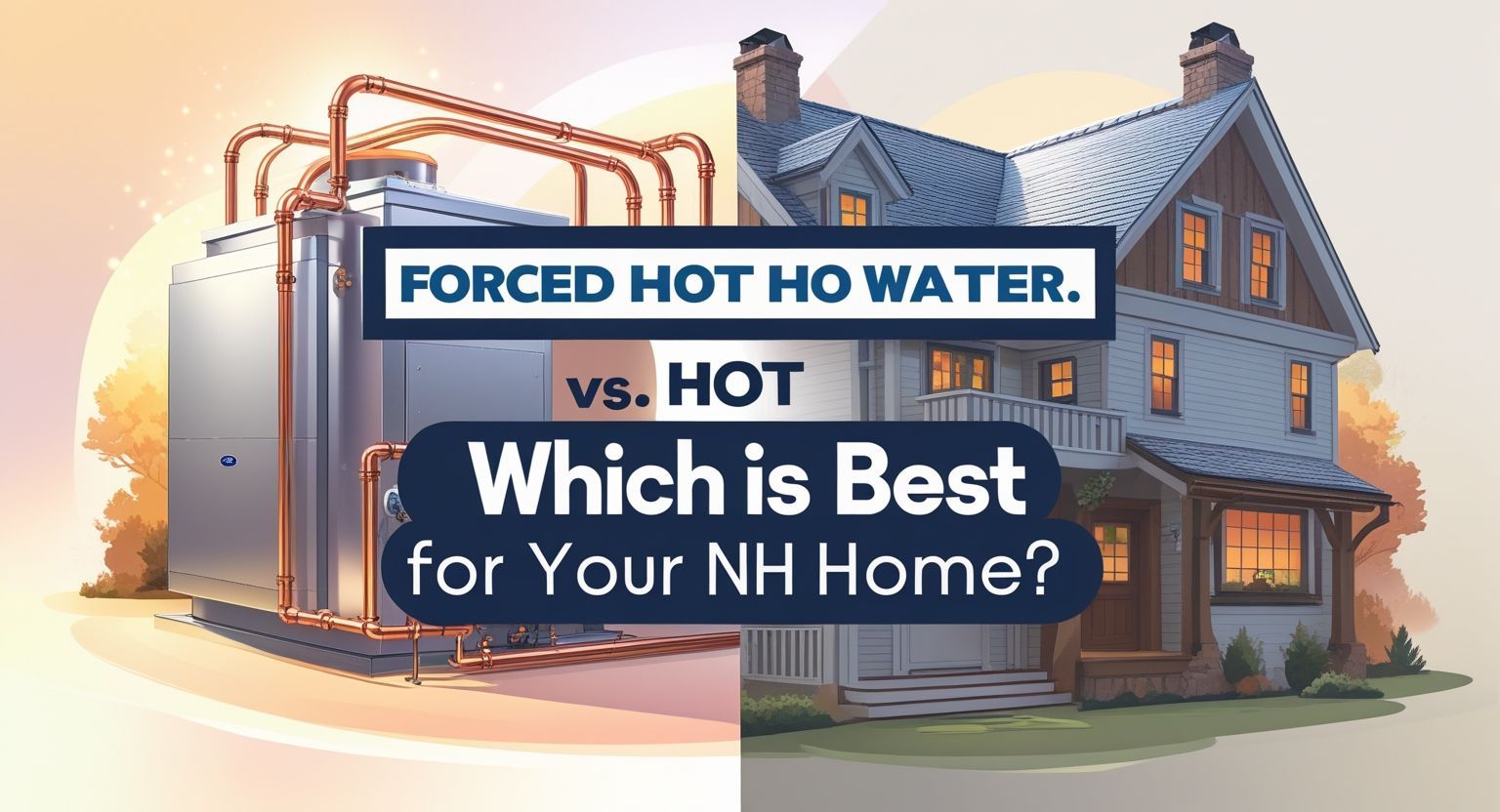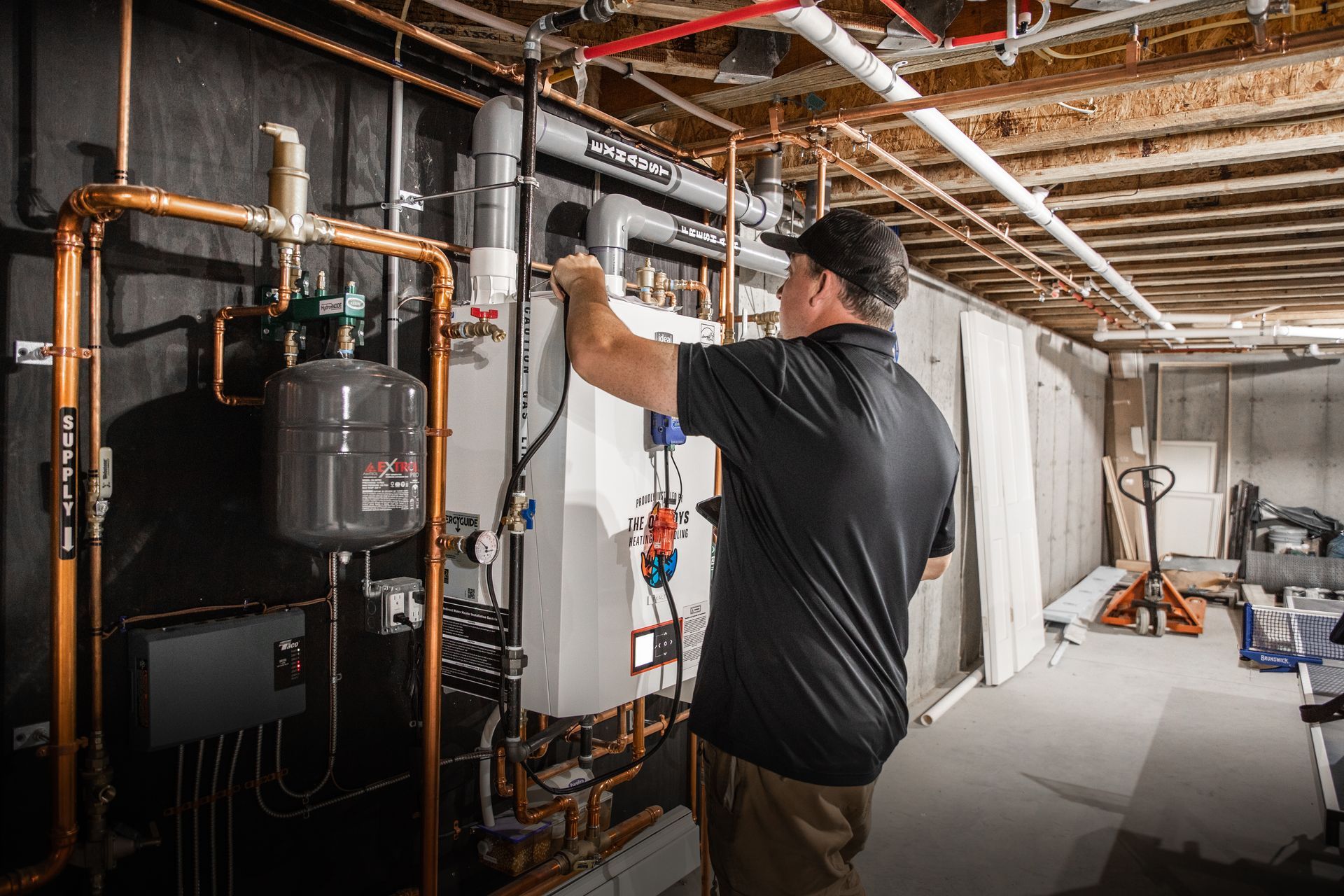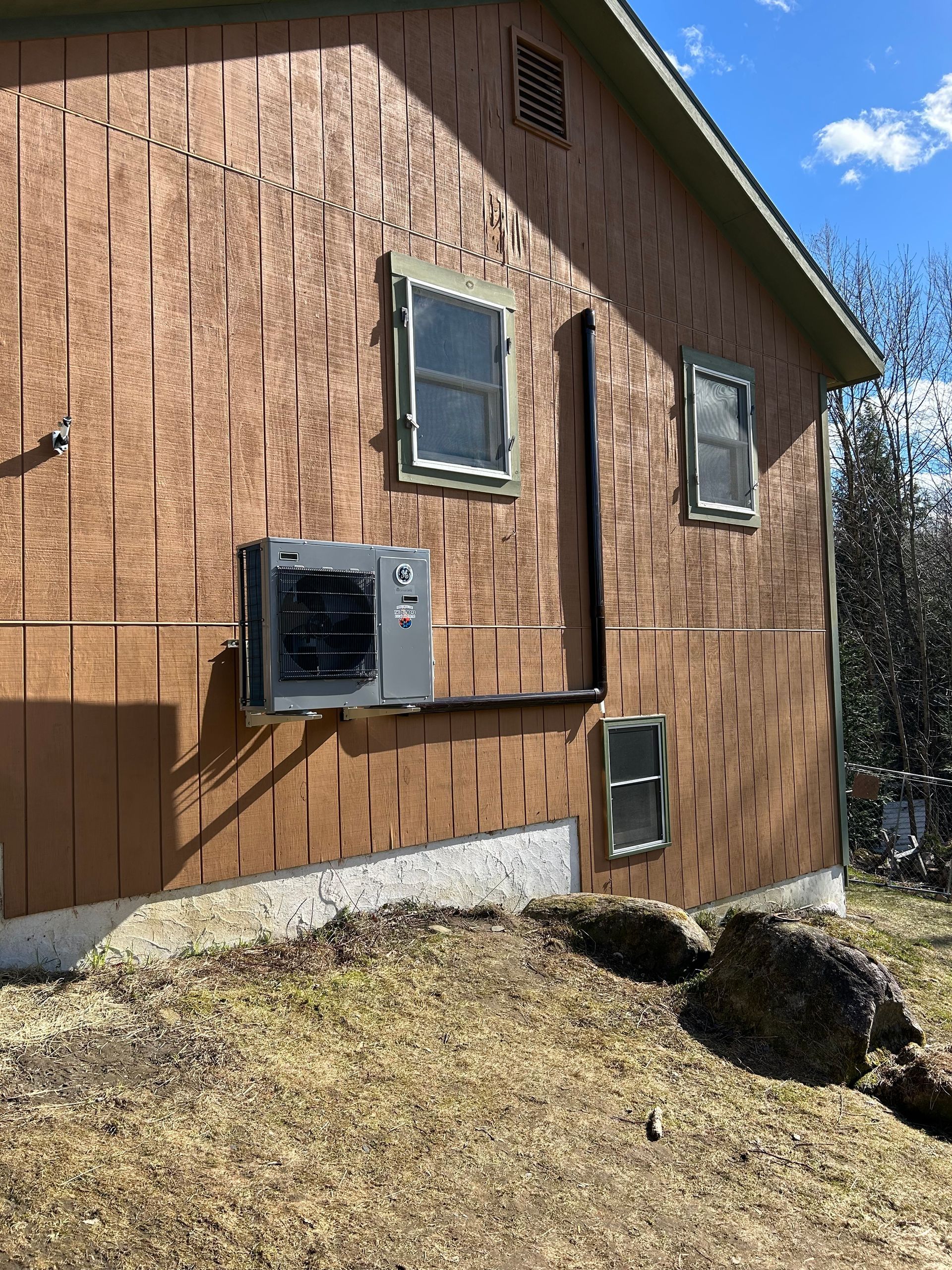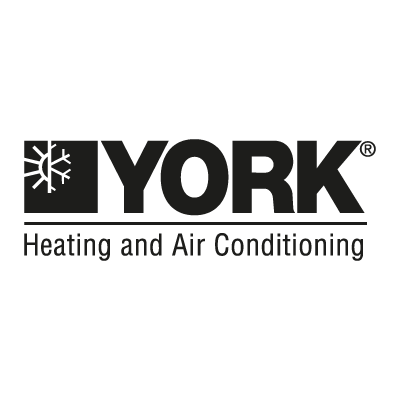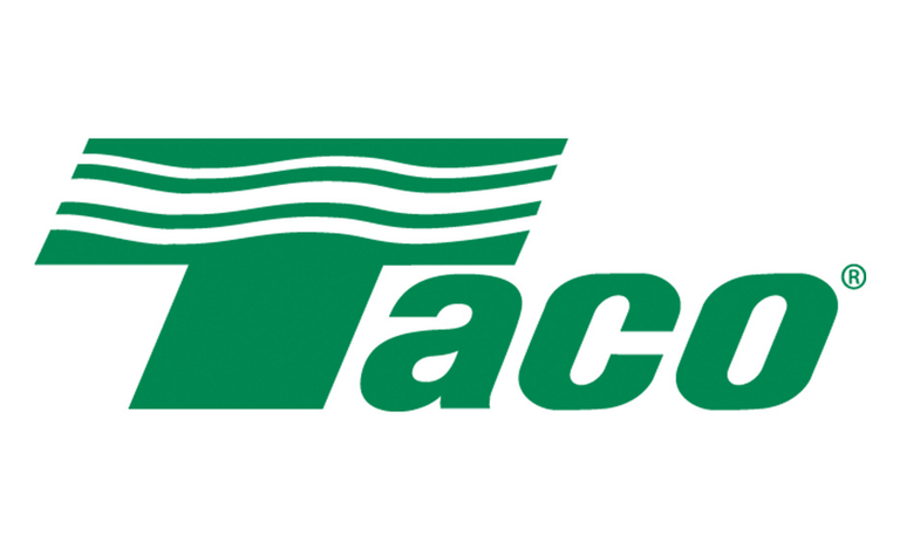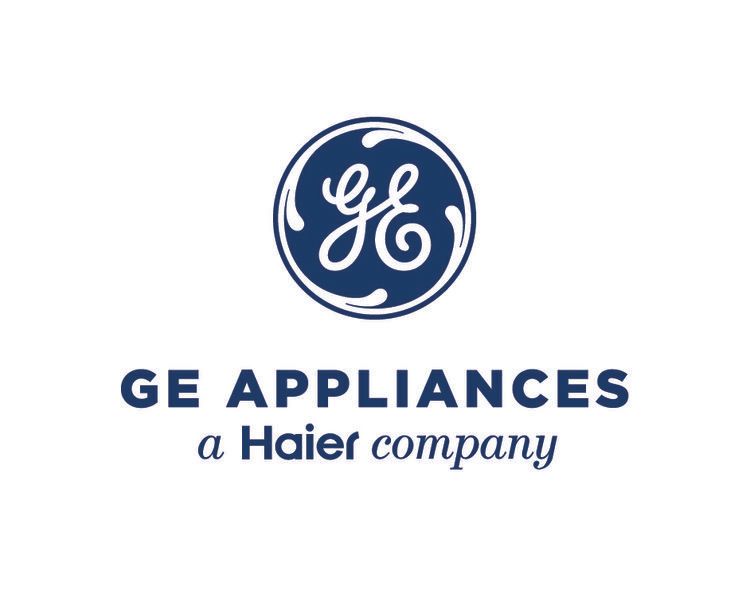What is the Life Expectancy of an HVAC System?
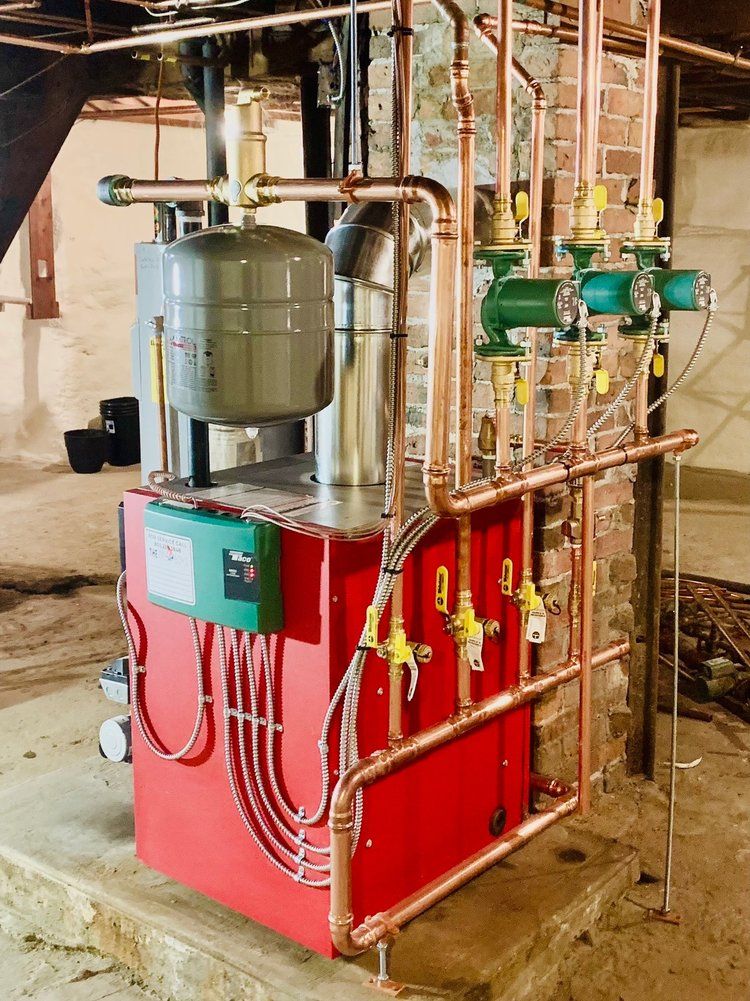
The life expectancy of an HVAC (heating, ventilation, and air conditioning) system can vary depending on several factors, including the type of system, the quality of installation and maintenance, and usage patterns.
Here are some general guidelines for the life expectancy of different types of HVAC systems:
1. Furnaces: Gas furnaces typically have a lifespan of 15-20 years, while electric furnaces can last up to 20-30 years with proper maintenance.
2. Air Conditioners: Central air conditioning units usually last around 15-20 years, although some may need to be replaced sooner due to wear and tear or lack of maintenance.
3. Heat Pumps: Heat pumps can last 10-15 years on average, but with regular maintenance, they may continue to operate efficiently for up to 20 years.
4. Boilers: Boilers have a longer lifespan compared to other HVAC systems, typically lasting 20-30 years or more with proper maintenance. 5. Ductless Mini-Split Systems: These systems have a lifespan similar to central air conditioning units, around 15-20 years with proper care. It's important to note that regular maintenance, such as changing air filters, cleaning coils, and scheduling annual inspections, can help prolong the life of an HVAC system.
Additionally, factors such as climate, usage patterns, and the quality of installation can also impact the longevity of the system. If your HVAC system is nearing the end of its expected lifespan or experiencing frequent breakdowns, it may be time to consider replacing it with a newer, more energy-efficient model.
